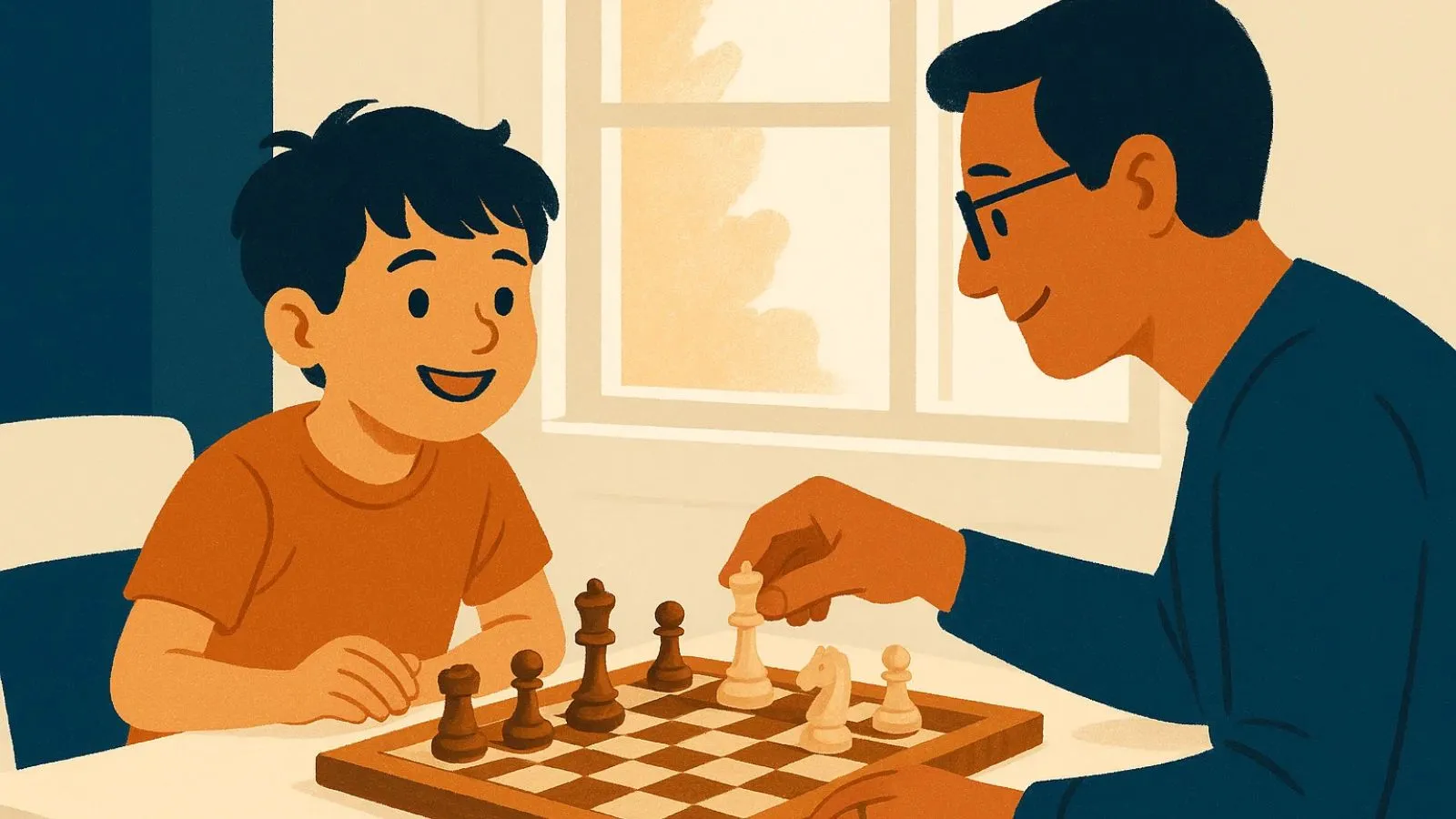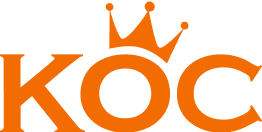Parenting a child with ADHD (Attention-Deficit/Hyperactivity Disorder) can feel overwhelming. Focus, patience, and self-control don’t come easy—and daily life often feels like a battle.
But here’s some good news: activities like chess can give kids a safe and fun way to build those exact skills.
No, chess won’t “cure” ADHD. But research shows that structured games like chess may improve concentration, planning, and impulse control—skills children with ADHD often struggle with.
In this guide, we’ll explore how chess helps, what science says, and how you as a parent can encourage your child to benefit from the game.
What is ADHD? (Quick Overview for Parents)
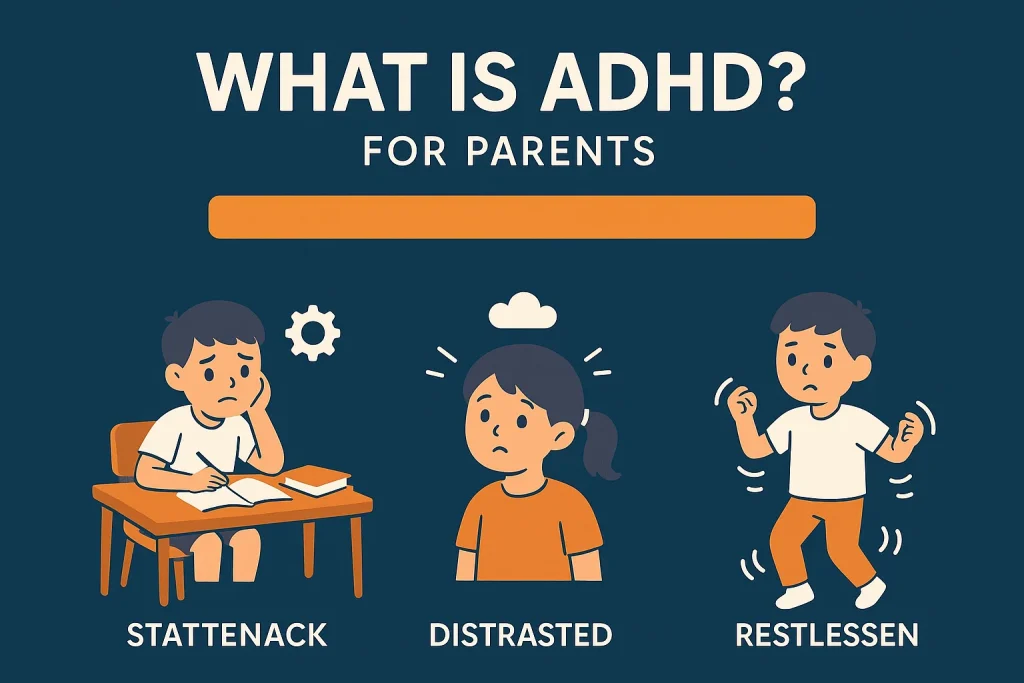
ADHD is one of the most common neurodevelopmental disorders in children. Kids with ADHD may:
- Find it hard to focus for long periods.
- Act without thinking (impulsivity).
- Feel restless or constantly “on the go.”
According to the Centers for Disease Control and Prevention (CDC), ADHD affects about 7 million children in the U.S. (ages 3–17).
While medical treatments (like behavioral therapy or medication) are often used, experts also recommend supportive activities that help kids practice focus and self-regulation. That’s where chess comes in.
How Chess Helps Kids with ADHD
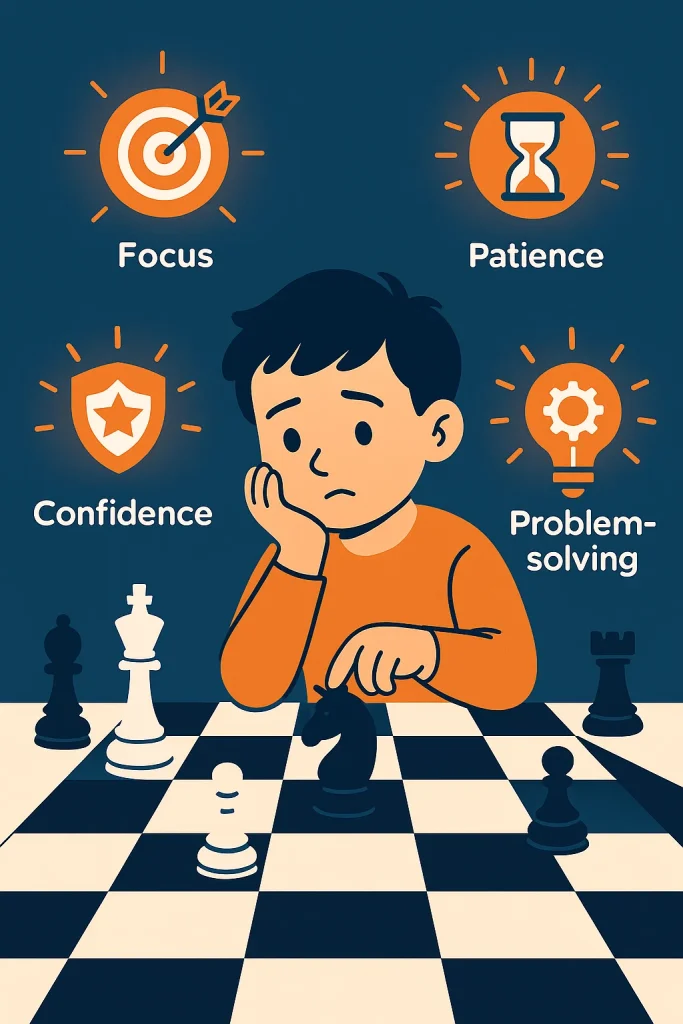
1. Improves Focus and Attention
Chess requires players to concentrate on 64 squares and plan ahead. Even short games help kids practice sitting still and paying attention for longer than usual.
- A study in Frontiers in Psychology (2020) found that strategy-based games like chess can improve attention span and working memory in children (Frontiers source).
2. Teaches Patience and Impulse Control
Kids with ADHD often act before thinking. Chess encourages the opposite: if you move too quickly, you lose. Over time, this helps children practice waiting, thinking, and then acting.
3. Builds Problem-Solving Skills
Every chess game is like a puzzle. Your child learns to break problems into steps, analyze patterns, and come up with solutions.
- Research published in Applied Neuropsychology: Child suggests that structured games can strengthen executive functions (planning, decision-making) in children with ADHD (PubMed source).
4. Reduces Restlessness with Structured Play
Unstructured activities may frustrate kids with ADHD. Chess gives them a clear structure: rules, turns, and goals. That structure helps channel their energy into a positive activity.
5. Boosts Confidence and Self-Esteem
Winning a game—or even improving in small steps—gives kids a sense of achievement. Parents often notice their children feel more confident after regular play.
Practical Tips for Parents
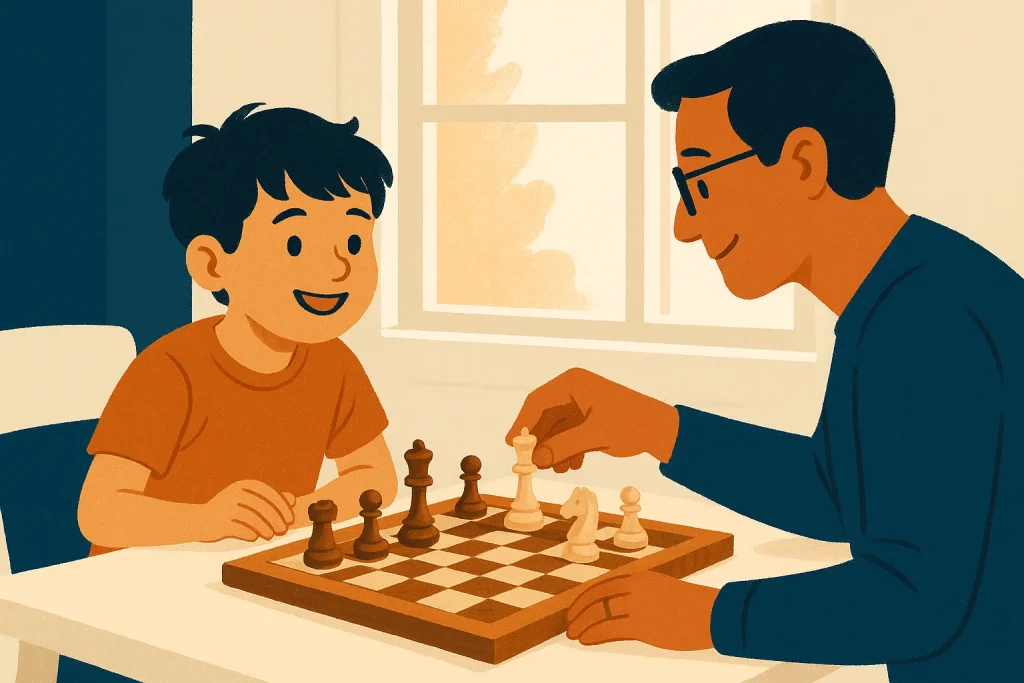
- Start with short sessions: 15–20 minutes is enough for younger kids with ADHD. Increase gradually as their focus improves.
- Pick the right board: Magnetic or carpet-style boards work well for beginners since they’re less distracting.
- Mix online and offline: Combine a physical board at home with puzzles or guided lessons from a chess academy online. Many kids stay more engaged with variety.
- Celebrate small wins: Even remembering rules or completing a short game is progress. Praise effort, not just results.
- Play side-by-side: Parents playing with their child often see better focus because the child feels supported, not pressured.
Expert Insight & Resources
- CDC – ADHD Data and Statistics: CDC ADHD Facts
- Frontiers in Psychology (2020): Study on board games improving attention and memory in children.
- PubMed (Applied Neuropsychology: Child): Games improving executive functions in ADHD kids.
- American Psychiatric Association: What is ADHD?
FAQ
Q1: Can chess replace ADHD treatment?
No. Chess is a supportive activity that can help children practice focus and self-control, but it is not a substitute for medical treatment. Always consult a healthcare professional for treatment options.
Q2: At what age can kids with ADHD start learning chess?
Many children start as early as 5–6 years old. Short, playful lessons work best at this stage.
Q3: How often should my child play chess?
2–3 sessions per week of 20–30 minutes each is a good starting point. The key is consistency rather than long sessions.
Q4: Is online chess coaching helpful for kids with ADHD?
Yes. Many parents find that chess classes online for children keep kids engaged because the sessions are structured, interactive, and often shorter than in-person classes.
Conclusion
Chess is not a cure, but it is a powerful support tool. It creates a space where kids with ADHD can practice focus, patience, and problem-solving—while having fun.
As a parent, you don’t need to aim for long games or grandmaster skills. What matters is giving your child a safe, structured way to grow. Every move, every pause before a decision, is progress.
And that’s something worth celebrating.
Disclaimer
This article is for educational purposes only. Chess can support skill development in children with ADHD, but it is not a medical treatment. Always consult a qualified healthcare professional for diagnosis and treatment options.

